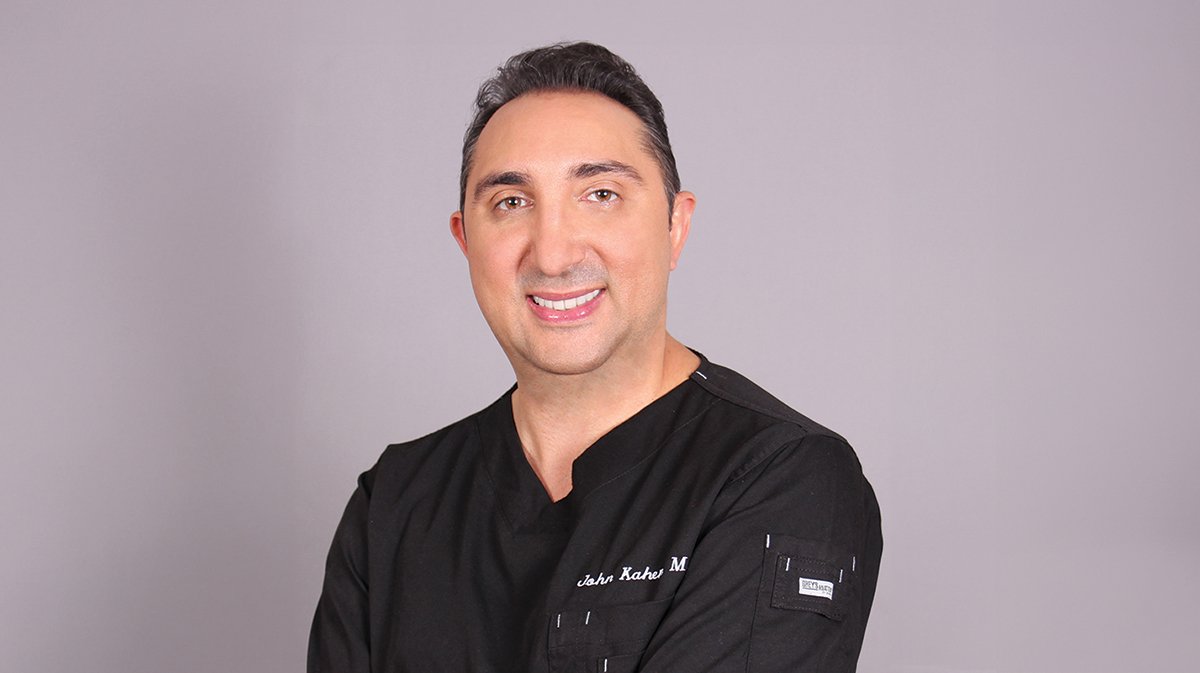Photo: Dr. Kaveri Karhade, reshaping dermatology for melanin-rich skin with expertise, empathy, and a passion for evidence-based care.
Changing The Face Of Dermatology With Science And Compassion
Dr. Kaveri Karhade revolutionises dermatology for melanin-rich skin, blending scientific innovation with patient-centred care while breaking misconceptions and promoting affordability, confidence, and long-term results in skin health.
Dr. Kaveri Karhade is a true luminary in the field of modern dermatology, and it is with great pleasure that we spotlight her immense contributions in this issue of Beauty Prime. With a wealth of expertise honed through years of rigorous training and practice, Dr. Karhade has become a staunch advocate for science-driven, evidence-based care, rejecting fleeting trends in favour of approaches that deliver real, lasting results. Her work is uniquely impactful, particularly in addressing the often-underrepresented needs of melanin-rich skin—an area in which she has emerged as a trusted pioneer and advocate.
Beyond her clinical practice, Dr. Karhade’s influence extends far and wide. From her role as a dermatology adviser to the esteemed Dr. Kathy Fields at Rodan + Fields to her groundbreaking research published in prominent journals, she has made it her mission to advance understanding and challenge outdated misconceptions. Her insights, often amplified through her social media channels, are a beacon of clarity and practicality in the complex world of skin health. Known for her thoughtful, patient-centred approach, she strikes a perfect balance between leveraging cutting-edge technology and emphasising affordability and minimal intervention—a philosophy that resonates deeply in today’s increasingly conscious beauty landscape.
Dr. Kaveri Karhade embodies excellence, pioneering dermatology with compassion, innovation, and commitment to empowering diverse patients through science.
In this conversation, Dr. Karhade shares her professional journey, dispels myths surrounding richly pigmented skin, and offers a glimpse into her methodical, science-based approach to dermatology. Her candid reflections and dedication to empowering others through education reinforce why she is one of the most respected voices in this field. Prepare to be inspired by her profound passion for reshaping the narrative of dermatologic care.
What inspired you to focus your dermatology practice on melanin-rich skin, and how has this shaped your approach to treating diverse skin types?
Melanin-rich skin has historically been somewhat excluded from the vast variety of treatment options, especially energy and laser-based treatments. Sadly, this has to do with education of dermatologists- as late as 2018, when I was finishing my training, I had very little exposure to and training with melanin-rich skin. Textbooks and articles have historically focused on lighter skin types. By now, most dermatologists are very well trained in managing lighter skin; however, there remains a continued lack of knowledge and comfort with managing the nuances of darker skin types. It has been very rewarding to be able to offer my melanin-rich patients treatments, and thus results, that other dermatologists have told them they couldn’t do.
“Skin shouldn’t be about vanity—it’s about confidence.” – Dr. Karhade
You emphasize affordability and minimizing procedures—how do you balance cutting-edge technologies like lasers and injectables with your goal of minimal, cost-effective interventions?
We are all trying to achieve and maintain as clear and as youthful skin as possible. I always look at the goal, which is maintaining that skin for even 20 years down the road. By considering a patient’s particular circumstances, I like to recommend the fewest number of interventions necessary to work towards that goal. So I frequently discourage procedures that may give immediate improvement but no longer-term benefit. Ultimately it ends up being more affordable for the patient AND better for their skin in the long run- win-win!
“By thinking through the detailed science of the skin, it is possible to mitigate risks and still safely get results.” – Dr. Karhade
In your experience, what are the most common misconceptions patients with richly pigmented skin have about cosmetic dermatology, and how do you address them?
People are afraid of side effects from devices such as lasers, and rightly so- richly pigmented skin IS at higher risk for hyperpigmentation, which is a particularly bothersome side effect in this patient population. They find comfort in knowing that by thinking through the detailed science of the skin, it is indeed possible to mitigate that risk and still safely get results.
Could you walk us through a success story where a personalized treatment plan significantly transformed a patient’s skin health or confidence?
There are honestly too many to count- this is something I experience every day, multiple times, and is the reason I do what I do. Skin shouldn’t be about vanity- it’s about confidence. It’s surprisingly easier to reach than many realize. My favorite recurring story is of melanin-rich patients with acne scars on the face that I treat with a combination approach. Sometimes they don’t have to tell me how happy they are, I see it in the bounce in their step at a follow up visit.
“The key is thinking about the science—always, all the time.” – Dr. Karhade
With your active role in both clinical practice and research, how do you integrate emerging dermatologic evidence into real-world treatments for conditions like acne scars or pigmentation?
The key is thinking about the science- always, all the time. We’re never trying anything trendy or random- only very calculated risks are taken to slowly expand the boundaries of our knowledge, and only when the science of its likely safety and efficacy are strong.
How has your presence on social media impacted your practice, and what role do you see digital education playing in the future of dermatologic care?
Many of my patients follow me on social to learn from the tips and tricks I share, and myths that I like to bust. Digital education is very important in the future of dermatologic care; it is actually surprising that in 2025 there are still so many misconceptions out there about the basics of skin and skin care. We have a long way to go in educating the public!





